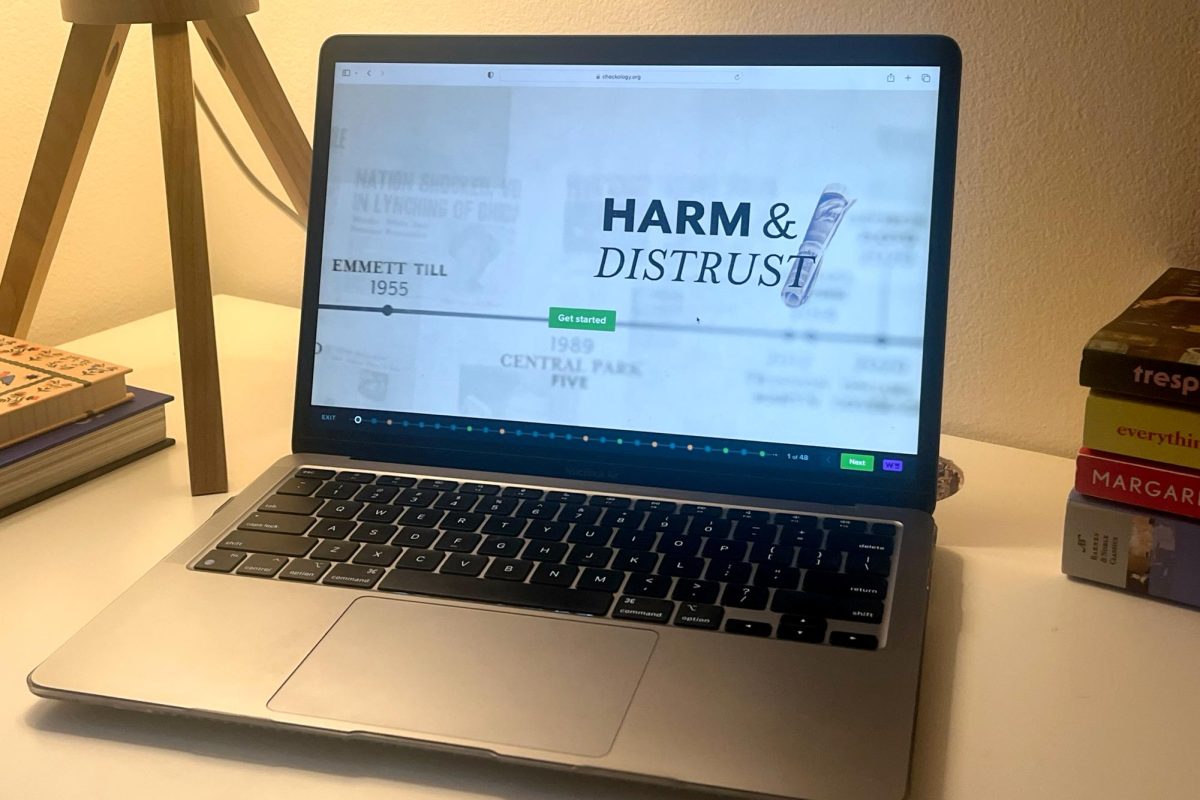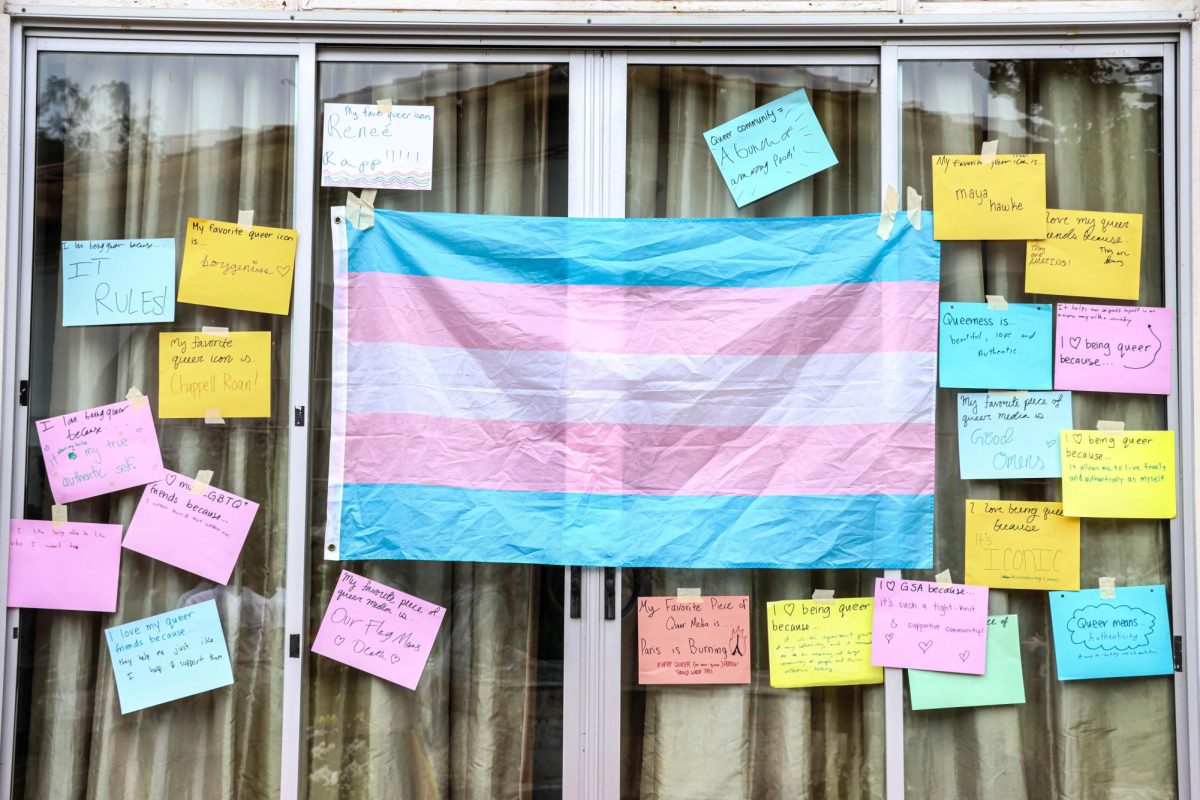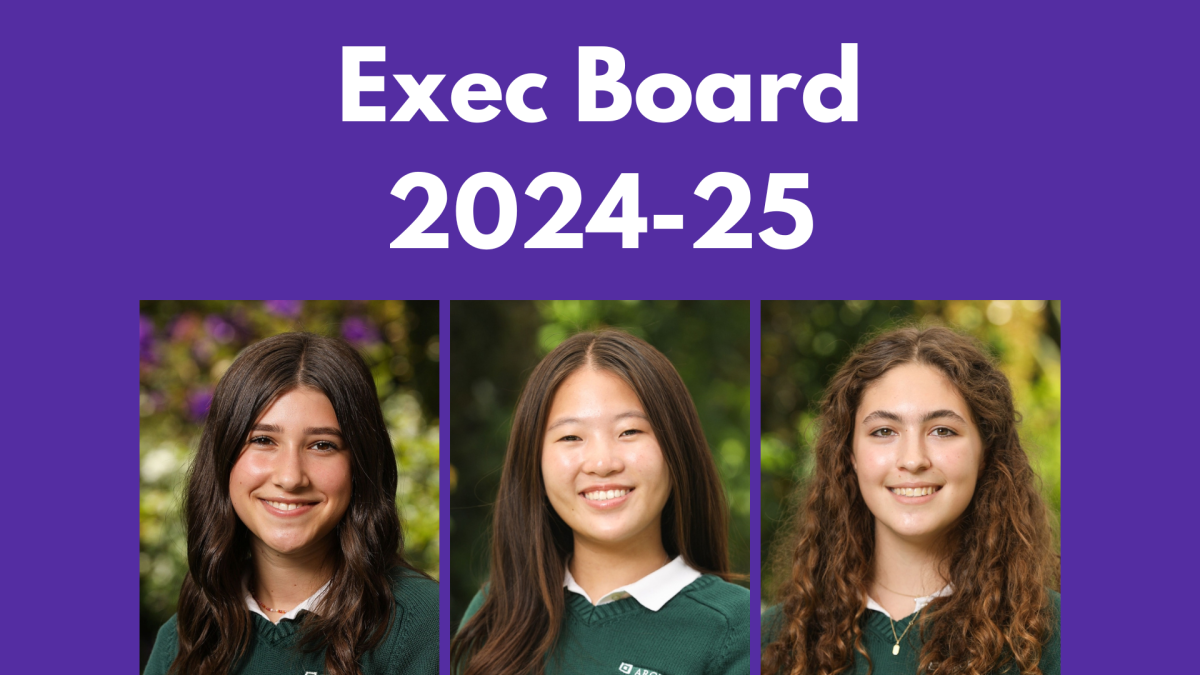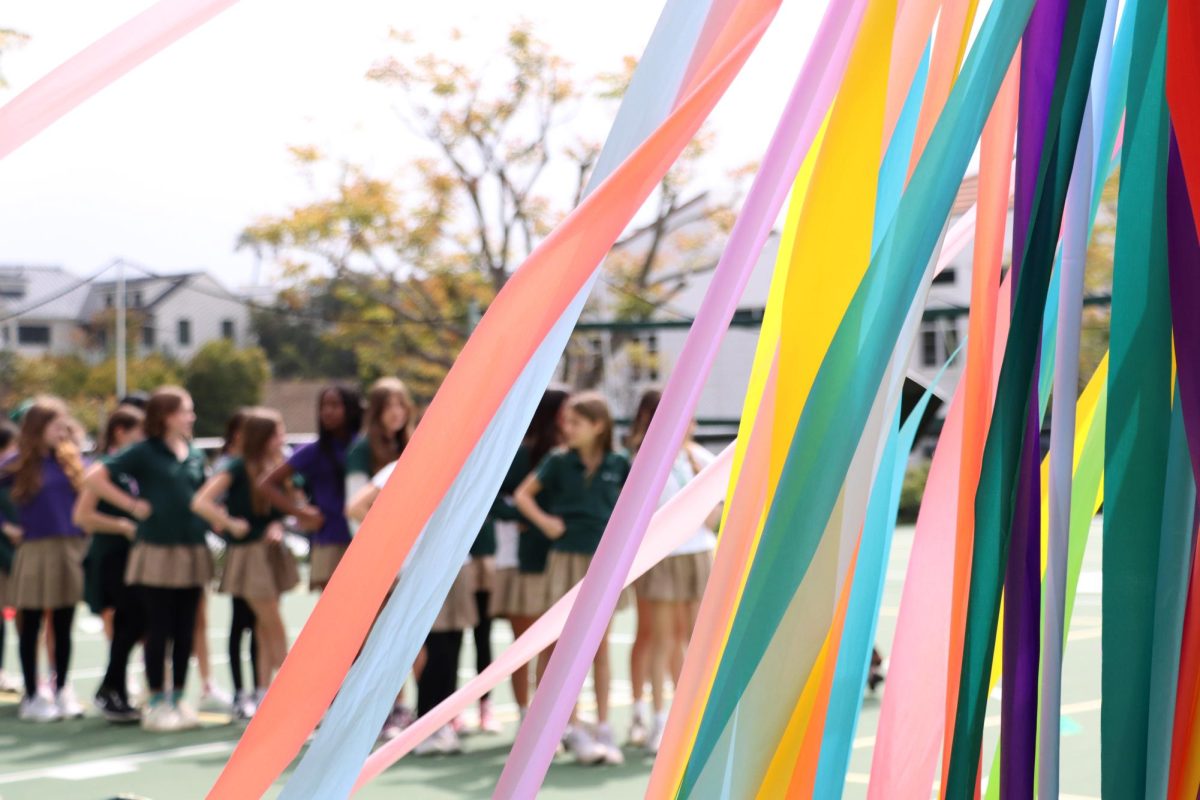The color yellow, the late 19th century and a comic strip all have something in common: Each one shaped the state of wavering public trust in the media today.
For the second day of National Scholastic Journalism Week Tuesday, Feb. 20, the Journalism Education Association announced the theme of “Journalism Then.” Today’s theme explores sensationalized reporting, as well as the origin of dramatized media: yellow journalism.
Yellow journalism describes the use of sensationalism in reporting, which skews the truthfulness associated with a piece of journalistic media. According to Annenberg Classroom, “the derogatory term was first used to describe the reporting in Joseph Pulitzer’s New York World and William Randolph Hearst’s New York Journal, two rival newspapers that were competing for readers in the 1890s.”
The World ran a comic strip including a character dressed in yellow, who was fittingly named “The Yellow Kid.” Per Annenberg Classroom, “Hearst lured the artist off the strip to work for the Journal, prompting Pulitzer to hire another cartoonist to launch a similar ‘yellow kid’ comic. Both papers were accused of dramatizing the news in order to increase circulation.”
Thus, yellow journalism was born.
Some centuries later, yellow journalism has morphed from the “Yellow Kid” comics and inhabited a new form: clickbait. Whether it be through YouTube video captions or tabloid headlines, the media often sensationalizes itself for the sake of appeal, according to an article from Psychology Today. Subsequently, these outlets obtain heightened readership and subscriptions, according to history teacher Nicholas Graham.
Graham teaches The Voice of Democracy, a senior seminar centered around the fundamentals of the U.S. political system, as well as the media’s role in politics. He said the newsworthiness of many articles is questionable largely due to media corporations’ desire for profit.
“I wish it were the case that our media avoided sensationalism … but when sensationalism is a market requirement these days … everything is breaking news,” Graham said. “The problem is people are tiring because a lot of it is not breaking news [and] is not particularly newsworthy at all … So given that a lot of these news outlets are businesses, sensationalism is kind of the stock in trade.”
To combat this issue, Oracle reporters learn to avoid sensationalized and unethical reporting from the start of their time on staff. As Introduction to Journalism students, they explore nuanced areas of law, press freedom and the media’s role in democracy through lessons that Head of Scholastic Journalism Kristin Taylor teaches. Additionally, they completed in-depth modules on Checkology, an online media literacy education platform.
Journalism students recently completed “Harm and Distrust,” a Checkology module that explores mainstream news organizations’ historical shortcomings and failure to serve all people groups equally — specifically Black Americans — and steps towards progress and equality those organizations are taking today.
Oracle columnist Alexis David (’24) pens her monthly column on politics, social justice and identity. When writing, she said she emphasizes discerning the difference between neutral and partisan coverage in the media. Additionally, David said her column focuses on how high media literacy depends on rational navigation of the country’s political climate.
“I believe that my column helps make people — especially the Archer community — more aware of … how certain views in this new political landscape are harmful to our media literacy,” David said.
Lizette Gonzalez (’23) was the features editor of The Oracle last year. As a freshman at Pomona College, Gonzalez said she has noticed a stark contrast between how her reporting is received by her college newspaper, The Student Life, and how it was received by The Oracle, especially in regard to the importance of accurate journalism.
“What I’ve noticed is that, of course, as being a part of The Oracle, we … automatically will be more well-versed in journalism and what fake news [is],” Gonzalez said. “But here, just listening to even some of my friends as readers, they just kind of never saw journalism or consuming media as important.”
David commented on the importance of objectivity when reading the news, especially in an age of increasing political polarization.
“I think in this modern day and age … there’s so much heightened partisanship, and that partisanship has really influenced the way so many news sources report on the news,” David said. “I think being aware of the sources we’re reading and who they come from [and] who funds these news sources is especially important — not that people should stop reading these news sources and stop consuming this form of news, but I believe people should not rely solely on one … left-leaning or right-leaning news source, so that they can get a more full picture of what is actually going on in the world right now.”
Graham explained the trajectory of sensationalism the media continues to follow. He said what is currently deemed breaking news often contradicts the true definition of “breaking” and instead aligns with tabloid-style articles.
“I can look through The Guardian here, and I can see several stories that I think, ‘Well, those are not newsworthy stories, and those are stories that are more often in a tabloid,'” Graham said. “So it’s … a regrettable hallmark of modern, serious … media, that [seems] to be going down the road of tabloid-ification, purely because they need the circulation.”
Additional reporting by Voices Editor Lucy Williams (’25) and senior reporter Emily Paschall (’26).












![Seniors laugh as they shoot water across the courtyard, during the annual fountain jump. I [the fountain jump] is really the culmination of your Archer experience, senior Ella Gray said. Especially because youre always around the fountain, at some point, and now you get to be in it.](https://archeroracle.org/wp-content/uploads/2024/05/MG_0817-1-1200x800.jpg)


